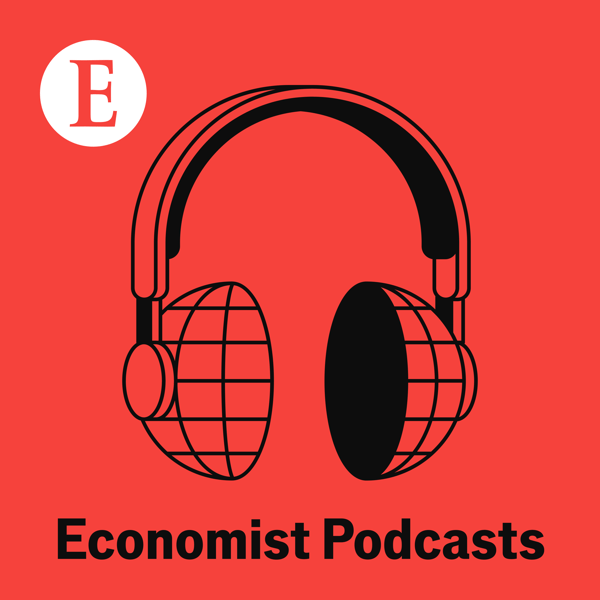The World Ahead: Viral acceleration
Economist Podcasts
The Economist
4.4 • 4.9K Ratings
🗓️ 27 April 2020
⏱️ 25 minutes
🧾️ Download transcript
Summary
The covid-19 pandemic has triggered an economic crisis, but how will this change the way people use technology—and which of these changes will last? Host Tom Standage speaks to guests from Ark Invest, the Brookings Institution and Alphabet’s drone-delivery company, Wing, to explore which technologies stand to benefit from an acceleration in the pace of adoption.
Music by Chris Zabriskie "Candlepower" (CC by 4.0)
Please subscribe to The Economist for full access to print, digital and audio editions:
www.economist.com/radiooffer or here for The World in 2020
Hosted on Acast. See acast.com/privacy for more information.
Transcript
Click on a timestamp to play from that location
| 0:00.0 | Hello and welcome to the World Ahead on Economist Radio. I'm Tom Standich, Deputy Editor |
| 0:09.2 | of the Economist. In this Future Gazing Podcast series, we consider provocative prophecies |
| 0:14.6 | and speculative scenarios to gain a different perspective on the present. In this episode, |
| 0:20.6 | we'll be examining how the coronavirus pandemic could accelerate the development and adoption |
| 0:25.7 | of new technologies. Coming out of this, you could certainly see something like short |
| 0:30.6 | haul flights could be disrupted by this because I as a consumer no longer want to take that |
| 0:36.5 | mass transportation option. There's an extended accumulation of experimentation and technology |
| 0:42.6 | that then be brought into the economy in these urgent periods. |
| 0:52.7 | The COVID-19 crisis is changing how people use technology, but which of those changes |
| 0:58.4 | will stick and which technologies stand to benefit as they become more widely used. Before |
| 1:04.2 | we look forward, though, I want to take you all the way back to 1815. |
| 1:11.1 | In April that year, Mount Tambora, a volcano in what is now Indonesia, exploded in one |
| 1:17.6 | of the largest eruptions in recorded history. A vast plume of dust and ash spread around |
| 1:23.7 | the world, blocking out the sun and reducing global temperatures and causing what came to |
| 1:28.8 | be known as the Year Without Summer. Crops failed in China, the summer monsoon was delayed |
| 1:34.5 | in India and in North America a dry fog reddened the sun. It even snowed in the summer in |
| 1:40.4 | New York. In Europe, riots and looting broke out as the wheat, oat and potato harvest |
| 1:48.2 | failed. Food prices soared and tens of thousands of people died from famine and disease. Thousands |
| 1:55.5 | of horses also starved or were slaughtered as the high price of oats forced people to |
| 2:00.9 | choose whether to feed their horses or themselves. All of which prompted Carl von Dries, a German |
| 2:08.5 | inventor, to devise a personal transport machine to replace the horse, a two-wheeled wooden |
| 2:14.6 | contraption called the Lauf machine, which literally means running machine. But over the |
... |
Please login to see the full transcript.
Disclaimer: The podcast and artwork embedded on this page are from The Economist, and are the property of its owner and not affiliated with or endorsed by Tapesearch.
Generated transcripts are the property of The Economist and are distributed freely under the Fair Use doctrine. Transcripts generated by Tapesearch are not guaranteed to be accurate.
Copyright © Tapesearch 2025.

